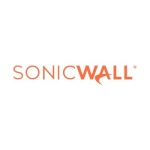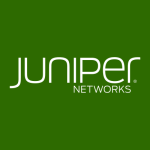We are using the solution for a firewall and other operations, such as traffic shaping.
The features I have found best are ease of use, GUI, and performance.
The hotspot and the portal feature in this solution are not stable for WiFi access. We use it at least once or twice every day and it crashes. Some modules can be better by improving detection and having new updates. Additionally, we have some issues with clustering and load balancing that could improve.
In a future release, they could redesign the policies because we need to write inbound and outbound simultaneous policies. They could change it to one policy, such as in FortiGate, Sophos, and Cyberoam. In these firewalls, we add rules in one way, and they add rules automatically. However, in this solution, we need to write every policy manually.
They can improve in site-to-site tunnels with other devices, such as Cisco or FortiGate. It is not very easy to set up VPNs for site-to-site tunnels.
There have been some problems we have been facing with BGP routing that needs to be improved.
I have been using the solution for approximately two years.
The stability could improve.
Since this solution is software-based it is easy to scale. We can extend the UIs by adding some hardware, such as CPUs and memory discs. We would not be able to match this type of scalability with a hardware-based solution, for example as FortiGate.
This solution is best suited for small to midsize networks. When there is heavy traffic in larger-scale businesses it becomes less reliable.
I have used FortiGate previously and this solution is cheaper and more reliable.
The solution is easy to deploy.
The solution is free. However, you need to pay for support.
I rate pfSense a five out of ten.















